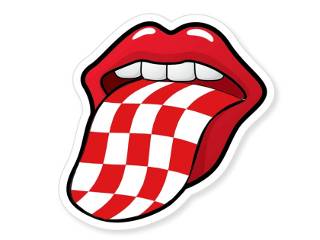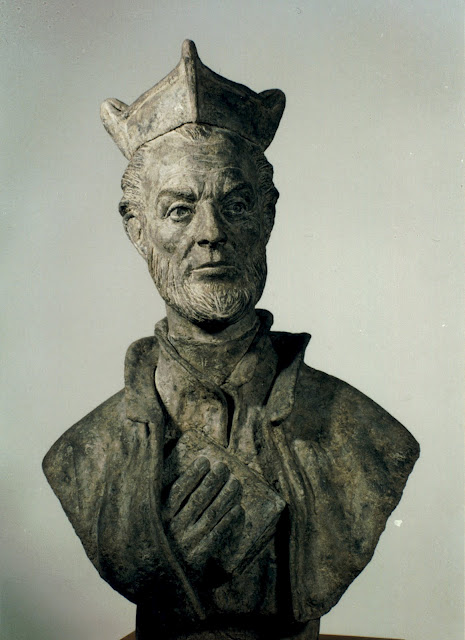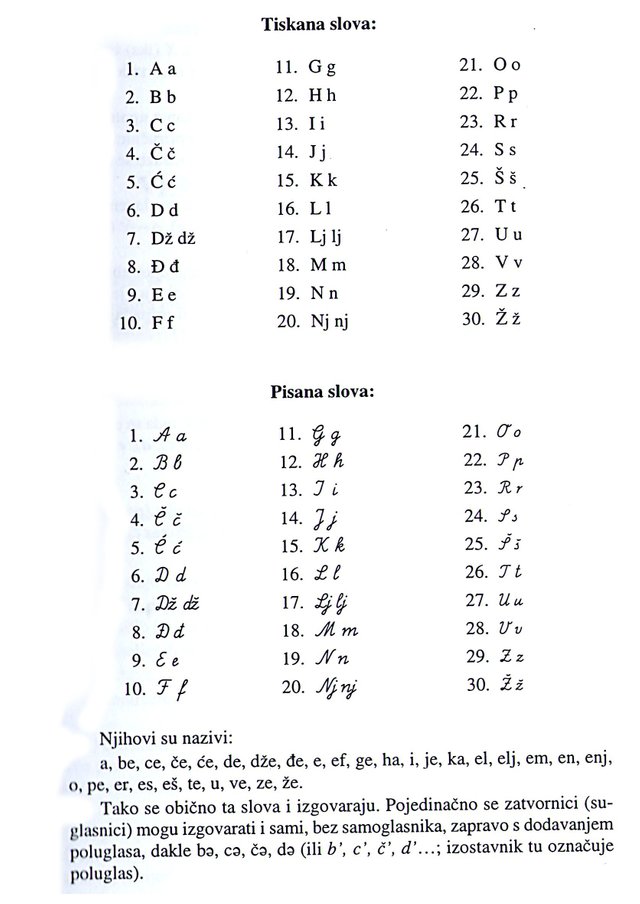Croatian languange- one of the hardest languanges!
I was born in Croatia, and my first word was on Croatian languange, for me most beautifull, and most rich languange in the world.

I will shorthly wrote you some facts about Croatian languange.
But, after all- every languange is the most beautifull because on every languange you say- mother, love, freedom.
Where is spoken?

The Croatian language is a common denominator for the national standard language of Croats, as well as for the dialect and speech set spoken or spoken by Croatians. It speaks about 5,546,590 people, especially Croats in Croatia (3,980,000, 2001 census) and Bosnia and Herzegovina (469,000, 2004). Croatian is also a mother languane for Croats in other countries; United States of America (58,400; 2000 census); Austria, 19,400 (2001 census); Serbia 19,223 census 2011; Hungary, (14,300; 2001 census); Italy (3.500; Vincent 1987); Montenegro (6,810; 2006); Slovakia, 890; List from 2001).
Croatian is the official language of the Republic of Croatia and one of the three official languages of Bosnia and Herzegovina; Is also one of the 24 official languages of the European Union.
As a minority Croatian language is in official use in some regions of the neighboring countries, so Croatian is one of the official languages in use in Montenegrin municipalities in Boka Kotorska, then one of the seven official languages in the Serbian autonomous province of Vojvodina, local idioms The Croatian language is in official use in the Austrian federal country of Burgenland, and also in the Molise and the Romanian county of Karachay-Severin.
The Croatian language primarily covers the standard or literary or general Croatian language and all the folk tales used by Croatians.
In the genetic-linguistic sense, Croatian is a system of three dialects:
'štokavsko' - spoken in Slavonia and Baranja
'kajkavsko' - spoken in Northen Croatia
'čakavsko' - spoken in Dalmatia and Istria
Histroy of Croatian languange

Croatia has a written language heritage of its beginning already in the late XI. century. The oldest Croatian texts are written in a kind of mixture of the Croatian version of the Church Slavonic language and the archaic 'chakavian' (čakavsko) and exclusively Glagolitic. From XII. Century Croats develop their own version of the Cyrillic alphabet, the Croatian Cyrillic (commonly referred to in the 20th century literature), and from the 14th century. Centuries are increasingly used in Latin scripts. The influence of the Croatian editorial of the Church Slavonic language gradually diminishes after the XIV. And especially after the Turkish invasion in the 15th century , when provincial literacy is developed in the historical Croatian territory on the individual dialects of all three Croatian dialects. In the 16th and 17th centuries The Croatian 'Chakavian' (čakavština) and especially Stochavian (štokavština) literature reach the European literary level.
The beginnings of Croatian language standardization date back to the beginning of the 17th century: in 1604 Bartol Kašić published in Rome the first Croatian grammar of the Institutionum linguae Ilyricae, used in writing the influential official text of the Roman Ritual and which, following that "official prayer", significantly influences the language of prayer and Church prayers - which are then known even to illiterate people.

Performance
In the Croatian language there are these types of words: nouns, verbs, pronouns, adjectives, suggestions, contributions, conjunctions, numbers of words that we classify as particles.
The variable types of words are nouns, verbs, adjectives and numbers.
In Croatian, there are seven declarations: nominative, accusative, genitive, dative, verbal, instrumental, and vocativ. They are modified by the continuation of the word extension, with the exception of quotation marks, which is identical to the datum (except for some alternate and adjective forms), but requires a proposition in itself (although it may have stood alone).
Of numbers, there are singles, doubles and plural in Croatian.
The plural in Croatian can be shorter and longer, with the advantage of a shorter plurality.
There is also a form for numeric and non-numeric plurality, as well as the form of "multilayer plurality" (a professional denomination is a "collective noun"), which signifies "greater pile, greater quantity" of something.
A noun in Croatian can be male, female and middle.
Glagolian states in Croatian are active and passive.
The times in Croatian are:
Past: perfect, aorist, imperfect, plusperfect
Present: Present
Future: futur, futur exact (or futur II), and in grammar before Maretić was recorded and classified and the 3rd form of the future.
Participate in Croatian language we have five - we call them glagolitic passages and verb adjectives.
Glagolitic contributions are current and past.
The verbal adjectives are working and tedious.
Alphabet

Interesting facts
The shortest Croatian word consists of one letter: a, in, i, o, k, s
The longest word of the Croatian literary language (if long numbers are ignored, which can be written as one word) is: prijestolonasljednokovica, which means heir to the throne.
Croatian language is one of the sources for the artificial language 'toki pona'
The word "paprika" from Croatian has translated into many other European languages as a borrower. So the word "paprika" is in: German, French, Italian, Spanish, Russian, Portuguese, Greek, Belarusian, Hungarian, Ukrainian, Czech, Slovak, Serbian, Danish, Finnish, Norwegian, Swedish, Lithuanian, Polish, Dutch, Georgian , Irish, Welsh, Icelandic, Estonian, etc.
Is it hard to learn?
A well-known website dealing with rankings of everything ranker.com has published a list of the hardest languages in the world for learning. There are mostly languages from the Far East as well as Balkan languages.
Top 10 hardest languages in the world
Chinese
Arabic
russian
Icelandic
Hindu
Croatian
Hungarian
Vietnamese
Japanese
Greek
After this, if you want to learn Croatian languane, I will be glad to help you.
Little Croatian languange
Volim sve drage Steemit prijatelje, ova zajednica je sjajno mjesto za naučiti nešto novo i podjeliti svoja znanja.
Listen Croatia Anthem on Croatian Languange
Wow, the hardest language in the world. I guess even if I tried to learn it I might not learn it completely. I have been trying to pronounce the word “prijestolonasljednokovica, ” and I can not do it in one breath.
Do share a tutorial on how to pronounce it.
P.S: I post stuff on How to Become a Writer and make money with Steemit, please take a look at it.
Thank you.
Great idea, I will, and I will check on your posts! 😎
Learnt something of Crotian language and croats
Nice post :) thanks for info.
My pleasure :)
Bravo za post!
Zahvaljujem... :*
Wow, I can understand a tiny bit, I was there first when I was 5, in Brač is that the correct c? Portorož was also very nice...
Yes, That's correct... im dying to hear you prounancing that ahahahhahaha
interesantan clanak (:
Hvala hvala 😎😎
If you're offering to teach I'd like to learn....are you on steemit.chat/discord/skype anything like that?
Hi, Leonarda
Cool post. I was wondering if you can play " Boggle" in Croatian or if you have a special edition with lots of consonants jeje...
I'm a minnow, and my first post is about lenguage learning, is a very light and easy-reading post. It would be cool if you take a look at it.
I jus upvoted you and I'm already following you ;)
https://steemit.com/education/@etznab/you-can-t-speak-whale-with-your-english-speaking-face#
BTW. I love the HHRR fighter part of your descrption. As a Venezuelan, I've been forced to fight for them too... You can see a little about that in my #Introduceyourself if you like to ;)
Greetings from Venezuela!